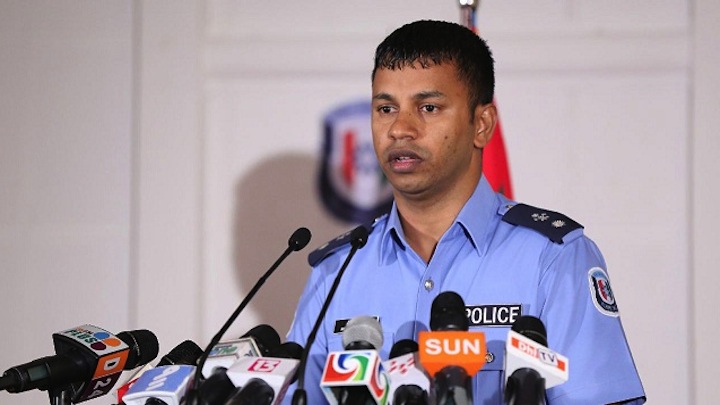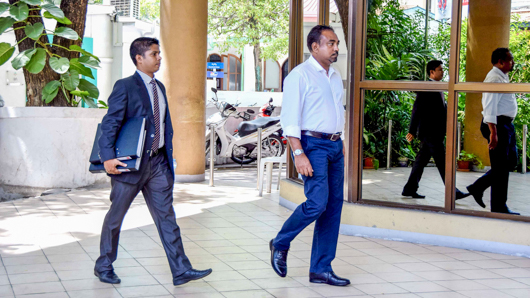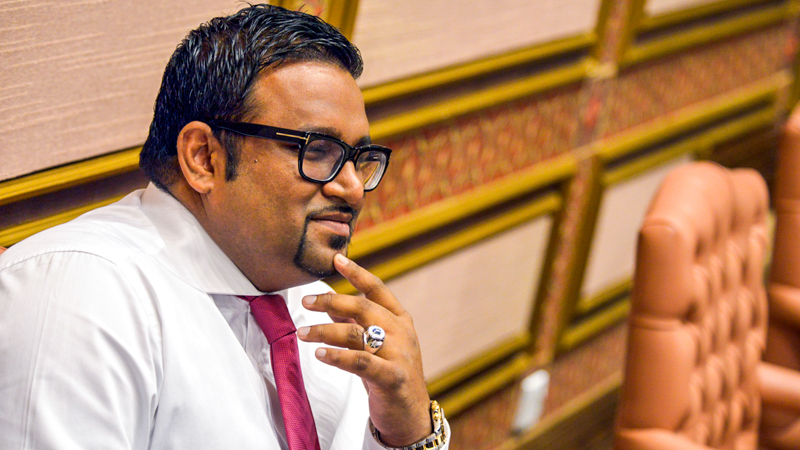A religious NGO has said the new penal code will “bury” the principles of Islamic sharia in the Maldives, as it does not criminalise apostasy or include punishments of stoning for adultery and amputation for theft.
“We note with regret that this law has been formulated on a secular, liberal basis that is alien to the purposes of Islamic sharia, after changing the whole shape of the Islamic sharia that should be enforced upon Muslims in an Islamic country,” the conservative Jamiyyathul Salaf said in a statement on Sunday.
Salaf’s statement was released shortly before the pro-government majority in parliament delayed implementation of the penal code by three months, a day before it was due to come into force.
Ruling party MP Ahmed Nihan said more time is needed to raise awareness among the public and address concerns of religious scholars.
The law was ratified on April 13 last year, nine years after it was first submitted to parliament.
The current penal code was adopted in 1968 and has been widely criticised as outdated, draconian and unsuited to the 2008 constitution. The new law has meanwhile been touted as the first time Islamic sharia has been codified while upholding minimum international human rights standards.
However, Salaf claimed attempts to portray the law as sharia-compliant were intended to “deceive the citizens of a 100 percent Islamic nation”.
As the law currently states that shariah punishments must be meted out only for crimes with a punishment fixed in the Quran, Salaf argued that it “completely does away with” the Sunnah (Prophetic traditions) under a “secular philosophy”.
The Sunnah is one of the “fundamental sources” of sharia law and specifies how punishments prescribed in the Quran must be enforced, Salaf said.
The law will also make it easier for criminals to escape punishment and encourage youth to offend, Salaf contended, claiming it was drafted by lawyers with a view to increasing their income.
The language of the law and criteria for constituting a crime are “alien to the principles of Islamic criminal jurisprudence,” Salaf argued.
The mandatory punishment for wrongfully accusing a chaste Muslim of adultery or homosexuality in the law is a jail term of no more than four years, Salaf noted, while meting out the sharia punishment of 80 lashes is left to the discretion of judges.
The offences of ‘murder and reckless manslaughter,’ ‘involuntary manslaughter,’ and ‘negligent manslaughter’ are based on English common law and is contrary to the degrees of murder in sharia, Salaf said.
Several punishments fixed in the Quran and Sunnah such as amputation of the hand for theft, death by stoning for adultery, death for highway robbery, and death or banishment for apostasy are not enforced in the Maldives.
However, flogging for pre-marital sex is implemented while the current administration has ended a six-decade moratorium on the death penalty.
Codifying sharia
In an op-ed published on newspaper Haveeru on April 7, former deputy prosecutor general Hussain Shameem stated that the Maldives is the first Islamic country to pass a criminal law in accordance with sharia and international standards.
While sharia punishments are specified in laws of other Islamic nations, Shameem said the Maldives’ penal code was drafted on the basis of codifying sharia.
“Therefore, the law will not include parts of principles contrary to Islam,” he wrote.
The law criminalises fornication, eating during daylight hours in Ramadan, consumption of alcohol and pork, and anti-Islamic activities, he added.
All crimes with punishments prescribed in the Quran are included, he continued, including the death penalty for murder.
“Therefore, the new penal code of the Maldives is in line with Islamic sharia and a victory for Islamic sharia,” Shameem asserted.
As a senior legal consultant at the Legal Sector Resource Centre established by the attorney general’s office with assistance from the UNDP, Shameem has been involved in training more than 1,100 individuals, including state prosecutors, lawyers, staff and members of independent commissions, customs officers, and 98 percent of police investigators.









